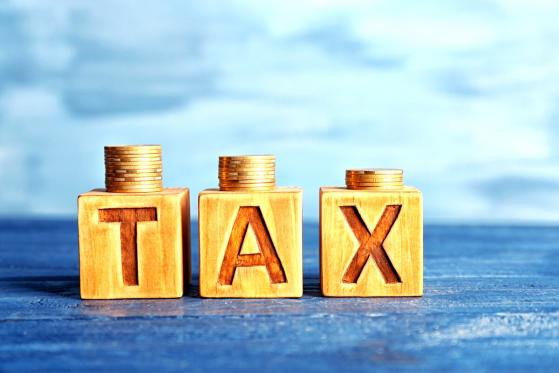The Philippines is trying hard to establish itself as a blockchain-friendly destination. Regulators, banks, economic zones, and the nation itself have received warmly the nascent technology and embraced the many opportunities it offers.
On Monday, the country’s department of finance (DoF) said it was open to exploring the opportunities blockchain offers in the areas of tax collection, transparency, ease of doing business, and reduction of illegal smuggling.
DoF spokesperson Paola Alvarez said:
"Yes, of course, we are open to exploring blockchain. Secretary (Carlos) Dominguez is really pushing for the application of financial technology. He wants to harness fintech to improve business, for example, payment of taxes online."
However, Alvarez said the DoF was still waiting for the Philippine central bank to come up with regulations for the technology because it is something new and also somewhat complicated.
In the meantime, the DoF has introduced its PHPay system, which is an online platform allowing taxpayers and other state clients to send money and other charges digitally to government agencies.
PHPay aims to “cover the development of a payment gateway and a payment ledgering management system for the whole of government.”
According to Alvarez, the finance department is approaching the technology step by step to understand it better. Dominguez has created a technical team to look into blockchain and fintech applications, she added.
Blockchain, a decentralized distributed ledger, is also useful in storing data because it is nearly impossible to alter information stored on it. This makes forgery unfeasible, eliminating the risk of watered-down taxes or altered documents related to tax payments.
Blockchain-friendly
Last month, the Philippine Securities and Exchange Commission (SEC) called on the country’s blockchain and cryptocurrency community to help draft appropriate rules for the industry.
SEC Commissioner Ephyro Luis Amatong told a crowd of industry stakeholders:
“The government wants to be proactive in creating rules about cryptocurrency. We want to engage all the stakeholders by asking for your feedback. We don't want to ban anything just because we don't understand something. That is why your feedback and your cooperation are important so we can come up with an appropriate rule about cryptocurrency trading.”
Also, Cagayan Economic Zone Authority (CEZA) head Raul Lambino unveiled his plan to transform the northern Philippines into the next Silicon Valley or the FinTech City of Asia by opening the economic zone to offshore companies engaged in financial technology and blockchain solutions.
This article appeared first on Cryptovest
